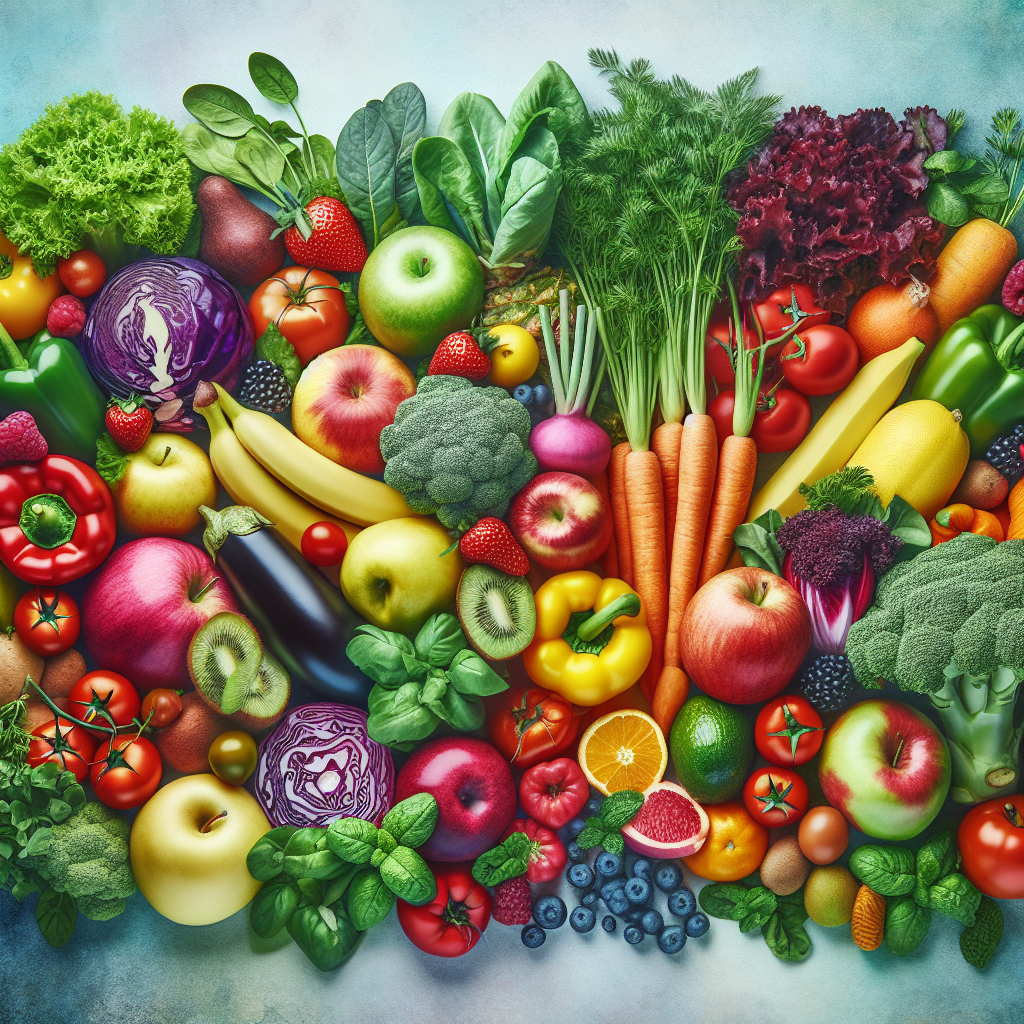The Importance of Nutrient-Rich Foods in a Healthy Diet
When it comes to maintaining a healthy diet, the importance of incorporating nutrient-rich foods cannot be overstated. Nutrient-rich foods are packed with essential vitamins, minerals, antioxidants, and other key nutrients that are vital for supporting overall health and well-being. These foods provide the body with the necessary tools to function optimally, including supporting the immune system, aiding in proper digestion, and promoting a healthy heart.
By including nutrient-rich foods such as leafy greens, berries, nuts, seeds, and lean proteins in your diet, you can ensure that your body receives a wide array of essential nutrients that are often lacking in processed and less nutritious foods. These nutrient-dense options not only provide essential vitamins and minerals but also deliver a healthy dose of fiber, which is crucial for digestive health and sustained energy levels.
Incorporating nutrient-rich foods into your diet can also help reduce the risk of various chronic diseases, including heart disease, diabetes, and certain cancers. The powerful combination of vitamins, minerals, and antioxidants found in these foods works together to protect the body from oxidative stress and inflammation, which are key contributors to many health conditions.
Overall, prioritizing nutrient-rich foods in your diet is a fundamental aspect of promoting a healthy lifestyle and preventing disease. By focusing on consuming a variety of whole, nutrient-dense foods, you can unlock the power of nutrition and support your body in functioning at its best.
Understanding the Nutritional Value of Superfoods
Understanding the nutritional value of superfoods is essential for unlocking the power of nutrient-rich foods. Superfoods are packed with vitamins, minerals, and antioxidants, making them powerful additions to a healthy diet. These nutrient-dense foods, such as kale, blueberries, quinoa, and chia seeds, are known for their exceptional health benefits. They are often rich in fiber, omega-3 fatty acids, and phytochemicals, which contribute to their superfood status.
By grasping the nutritional content of these superfoods, individuals can make informed choices about their diet, ensuring that they get the essential nutrients their bodies need. For example, kale is high in vitamin K, vitamin A, and vitamin C, while blueberries are packed with antioxidants like anthocyanins. Understanding the specific nutrients present in superfoods empowers individuals to create well-rounded, health-boosting meals.
Furthermore, superfoods often have anti-inflammatory and immune-boosting properties, which can contribute to overall well-being. For instance, the omega-3 fatty acids in chia seeds support heart health, while the fiber in quinoa aids in digestion. Recognizing the diverse nutritional value of superfoods allows people to harness their unique benefits and optimize their nutritional intake.
In conclusion, comprehending the nutritional value of superfoods is key to harnessing their potential for enhancing health and well-being. By incorporating nutrient-rich superfoods into a balanced diet, individuals can take proactive steps towards promoting their overall health and vitality.
Practical Tips for Incorporating Nutrient-Rich Foods into Your Meals
When it comes to enhancing your diet with nutrient-rich foods, incorporating them into your meals can make a significant impact on your overall health. To make this process more manageable, consider these practical tips for seamlessly integrating nutrient-rich foods into your daily meals.
Firstly, start by gradually introducing nutrient-dense foods into your meals to allow your palate to adjust to new flavors and textures. Try adding a handful of leafy greens such as spinach or kale to your morning smoothie or incorporating colorful vegetables like bell peppers and carrots into your lunchtime salad.
Additionally, consider substituting refined grains with whole grains to boost the nutritional value of your meals. Opt for whole grain bread, brown rice, or quinoa to provide essential nutrients like fiber, B vitamins, and minerals. Experiment with different whole grains to discover the ones that best suit your taste preferences and cooking abilities.
Furthermore, don’t underestimate the power of herbs and spices in enhancing the flavor and nutrient content of your meals. Incorporating herbs like basil, cilantro, and mint can add a burst of freshness to your dishes, while spices such as turmeric, cumin, and ginger offer anti-inflammatory and antioxidant properties.
Lastly, aim to include a variety of nutrient-rich foods from all food groups in your meals. This includes incorporating lean proteins such as chicken, fish, tofu, or legumes, alongside healthy fats from sources like avocados, nuts, and seeds.
By implementing these practical tips, you can effortlessly elevate the nutrient content of your meals, leading to a more balanced and wholesome diet.
